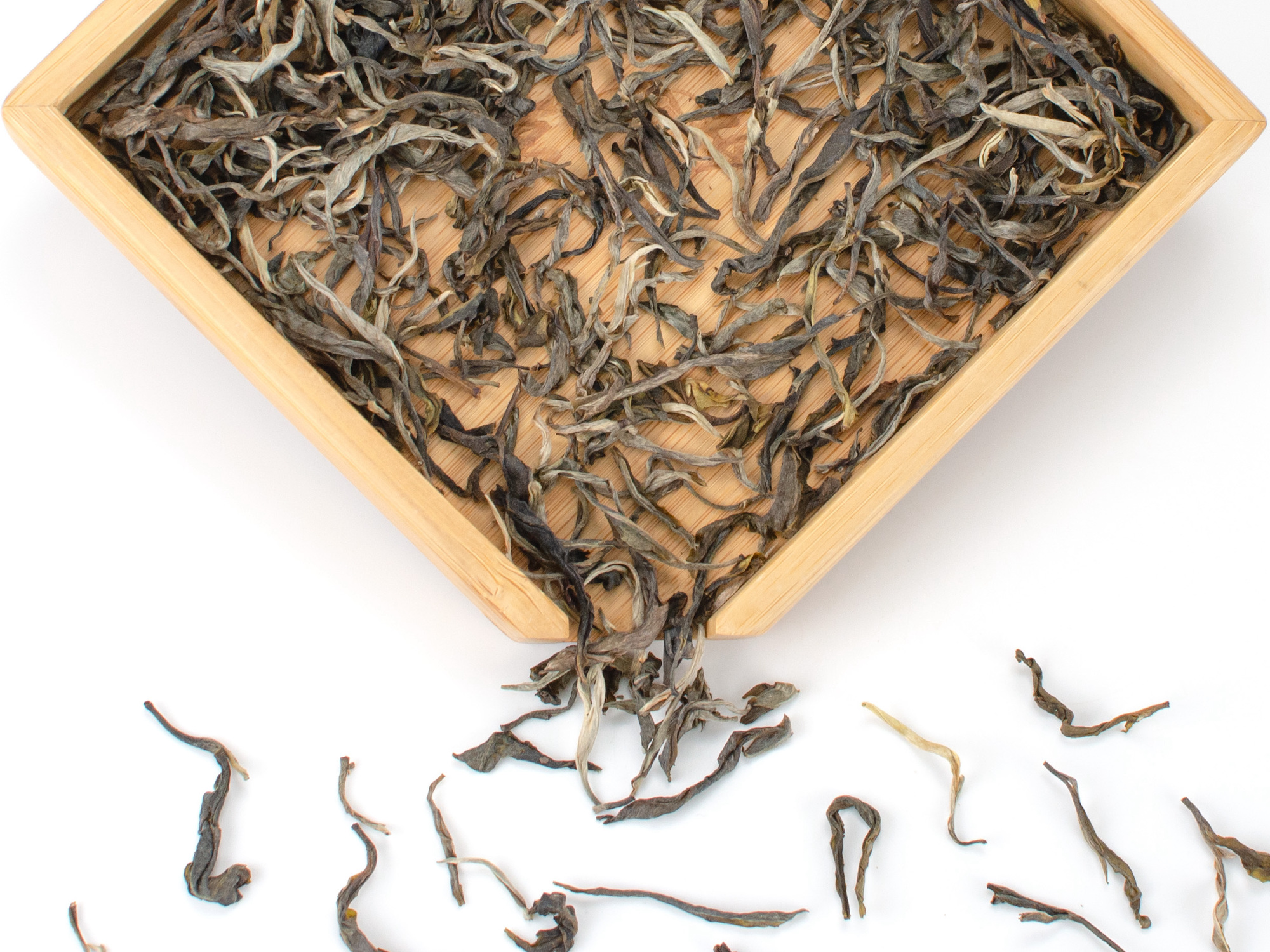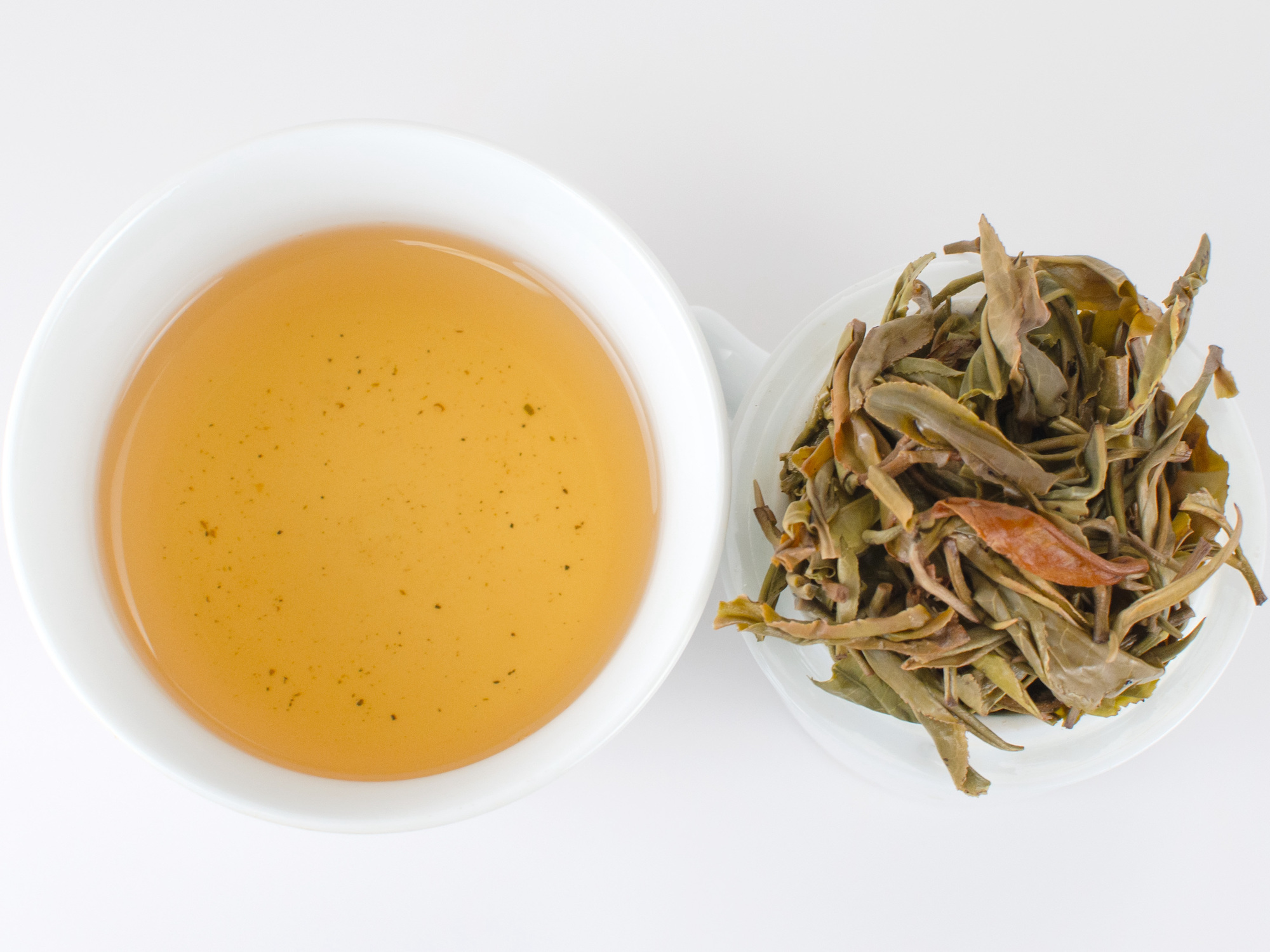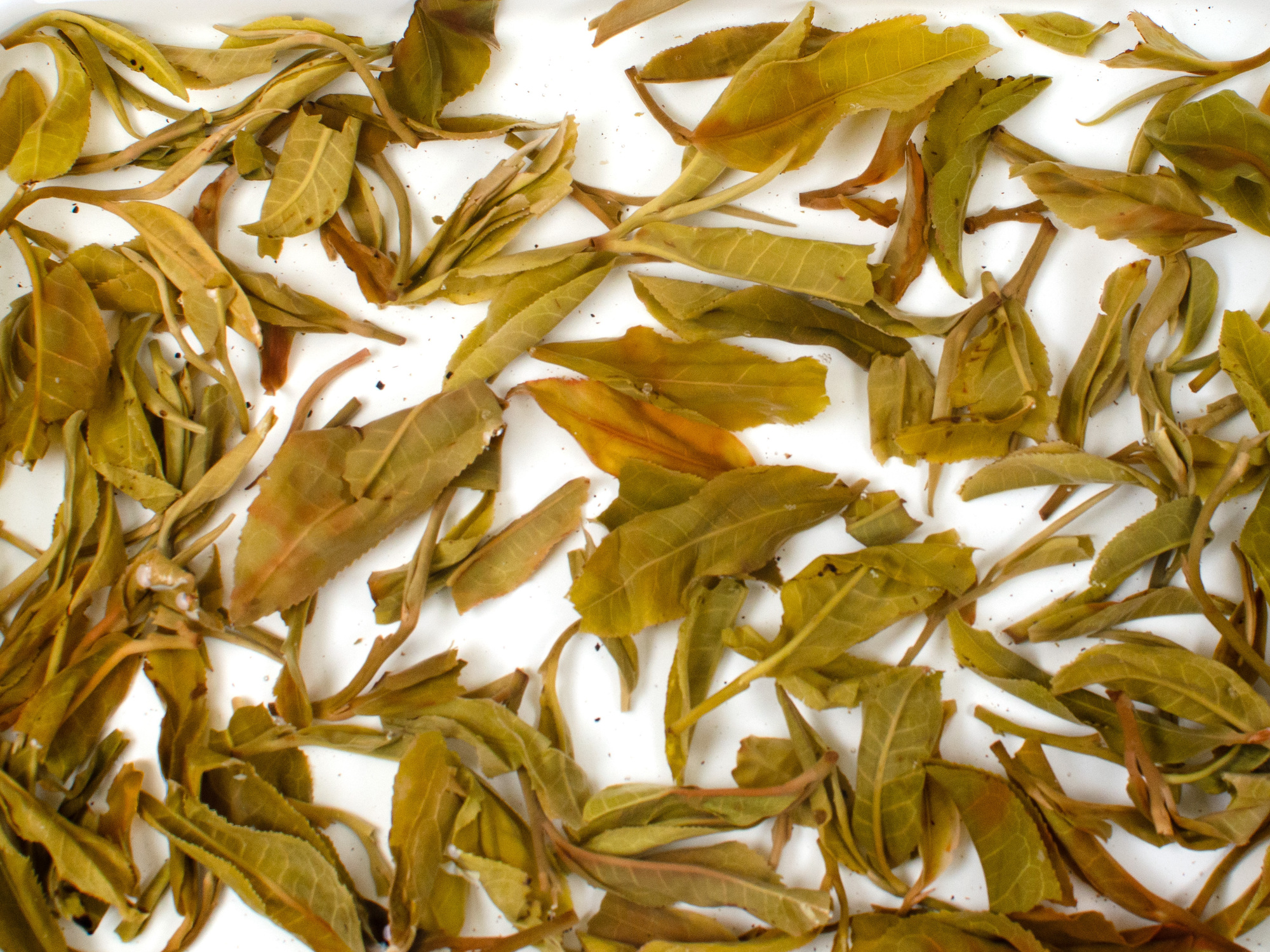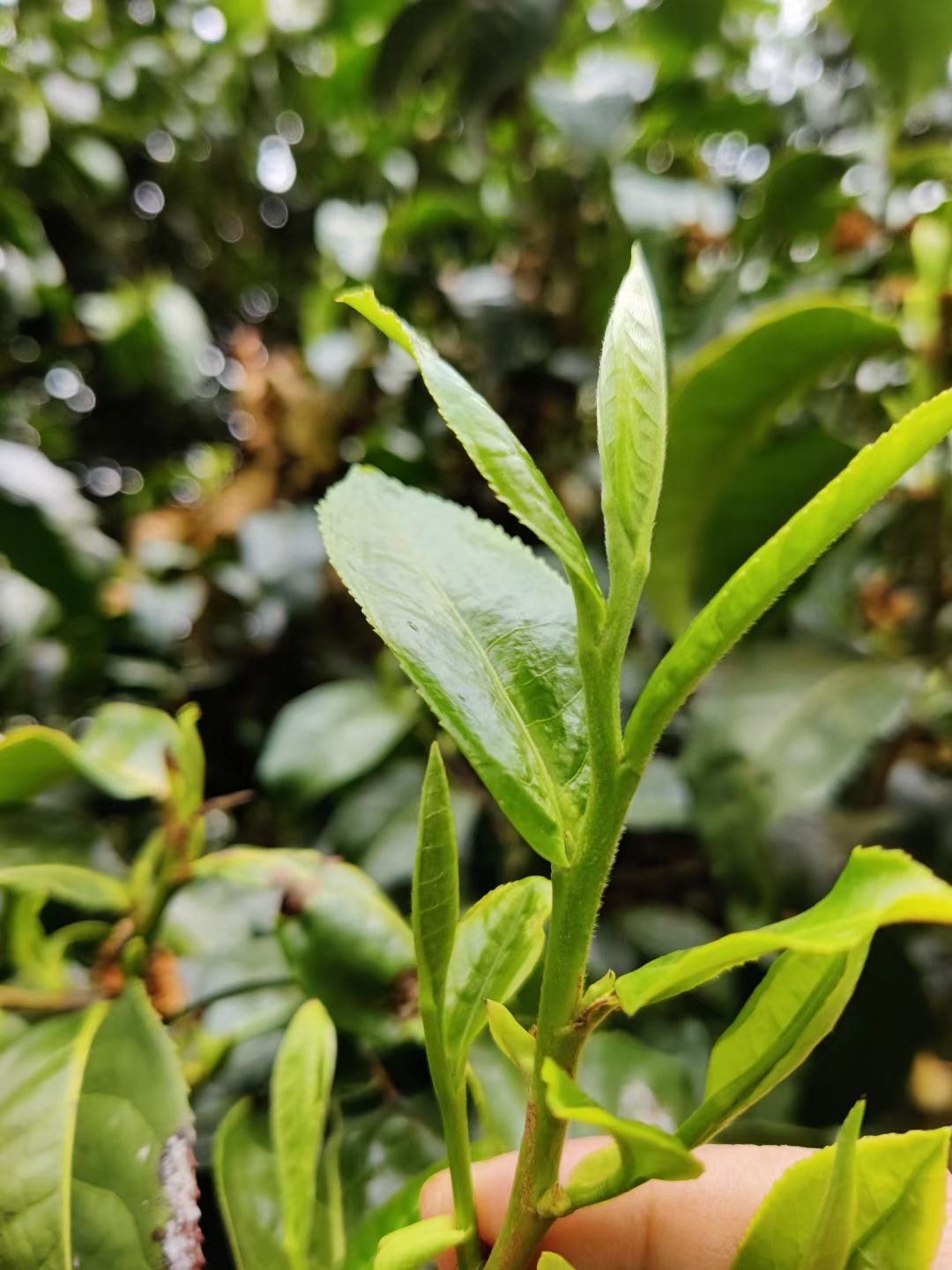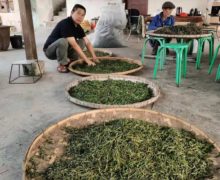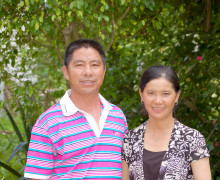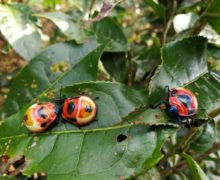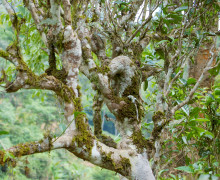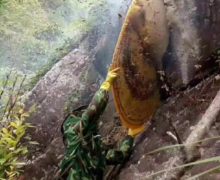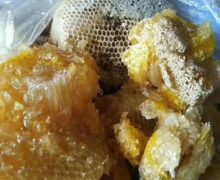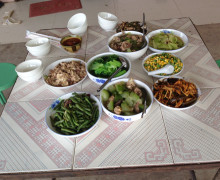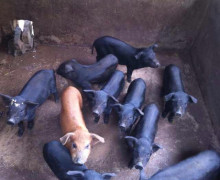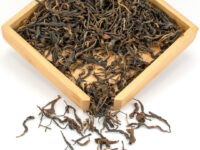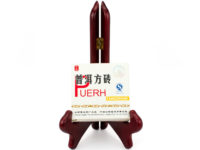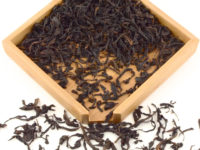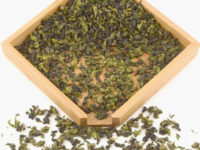Youle Gaoshu (Youle Tall Tree)
Loose Leaf Sheng Puer 2025
An approachable and affordable sheng puer from the tall forest tea trees of famous Youle Mountain. With a clarity of flavor akin to a robust green tea, Youle Tall Tree’s bright floral and fruit-like aromas shift into persistent, sweet depth in later infusions. Its mature-tree source softens sheng’s typical sharpness into a more moderately astringent, comforting brew that is overall harmonious, structured, and easy to like.
$16.00
- Tea Origin
- Youle Mountain, Xishuangbanna City, Yunnan Province, China
- Tea Bush
- Yunnan Dayezhong (Yunnan Large Leaf Heirloom Tea Tree)
- Tea Maker
- Yang Guangqing
- Harvest Time
- Early April
- Plucking Standard
- One bud, two leaves
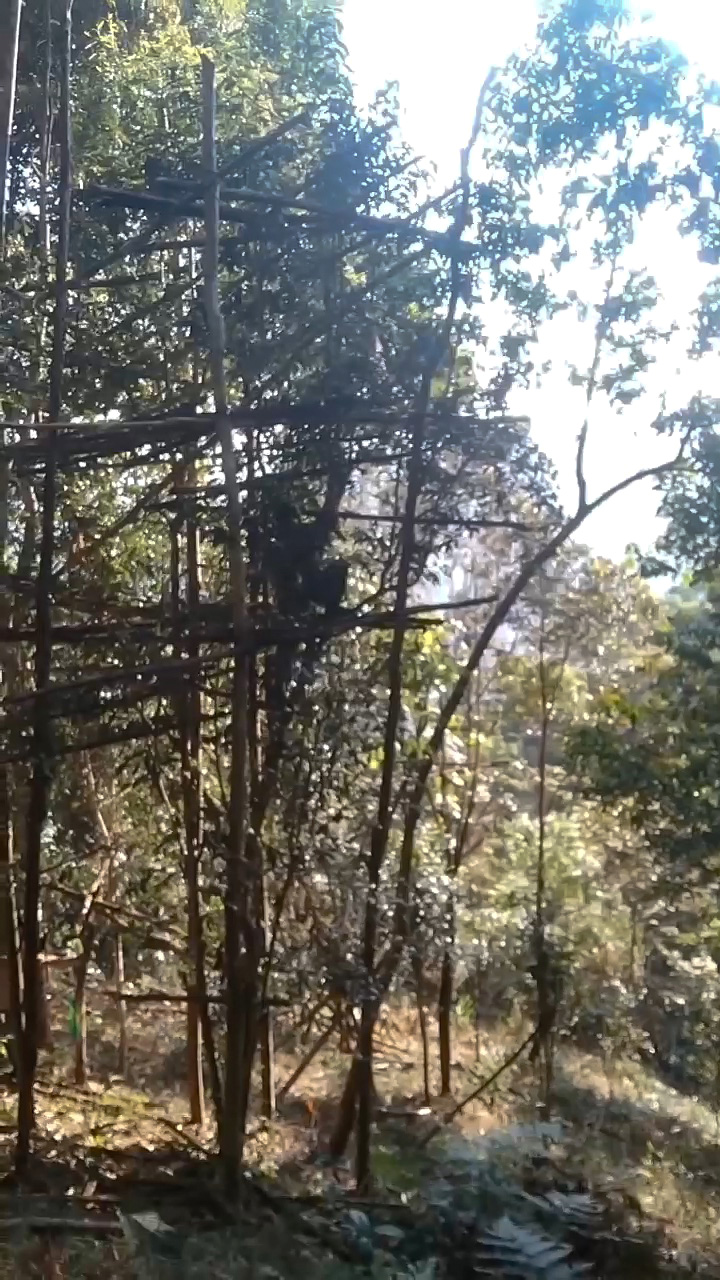
This forest-grown tea comes from tall old tea trees that grow largely untrimmed and untended in their natural diverse environment. The old trees in this area tend to grow very tall and narrow, which necessitates a lot of climbing into the canopy to reach the harvestable leaves in the spring.
Youle’s 2025 spring harvest was delayed by about a month due to ongoing drought in Yunnan Province, driving down production. Nonetheless, these mature tea trees still produced a smaller amount of leaves that are moderate in bitterness and astringency despite the late harvest, and retain Youle’s signature sweet depth of flavor.
An excellent choice for those looking for both quality and affordability in an easy-drinking sheng puer with good flavor and moderate astringency.
Youleshan’s old growth tea trees
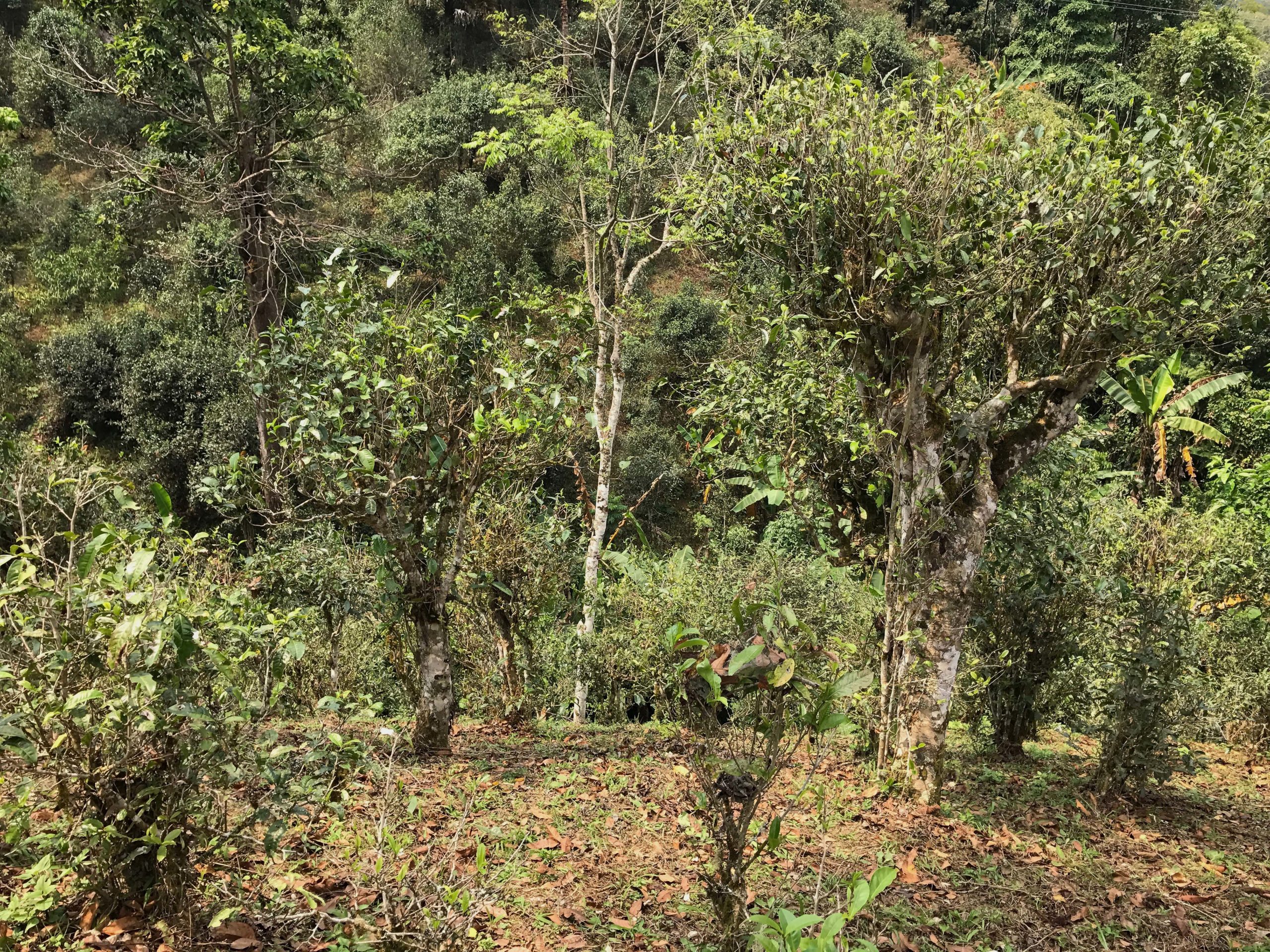
These mature forest tea trees are harvested only once a year in the spring, since they produce only a small amount of high quality leaves that are difficult to harvest. Old trees provide a tea with far less bitterness and astringency than puer made from young trees. Their diverse forest growing environment contributes to a rich, nuanced complexity of flavor and aroma. Meanwhile, younger trees (under 60 years old) can have a sharp bitterness and astringent edge to their flavor when made into sheng puer, as can tea made from the later harvests in the late spring and summer.
Old tea mountain origins
Youleshan (the Youle Mountains) has been one of Yunnan Province’s famed tea origins since antiquity. There are still many old growth tea trees in the Youle area, many over a century old. The tea that comes from this region is known for its rich, complex flavor and long finish. Of the six old famous tea mountains in Yunnan, Youleshan is the closest to Xishuangbanna City, a major locus of puer trade. Further south than most, it tends toward a warmer and more humid climate. The forest in this region is very dense and diverse, with rich red soil to grow in. This creates an excellent environment for tea cultivation.
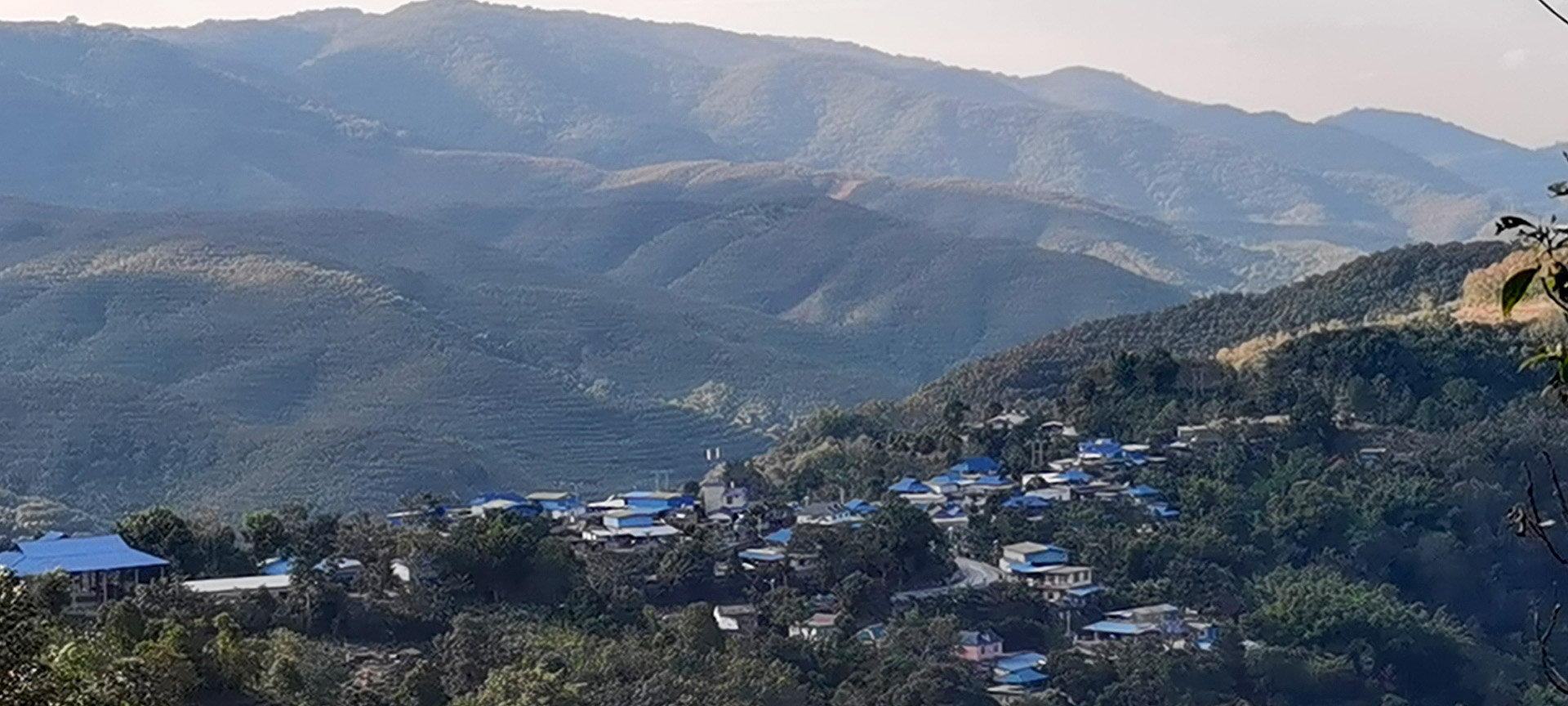
The stories of Youle’s Jinuo People
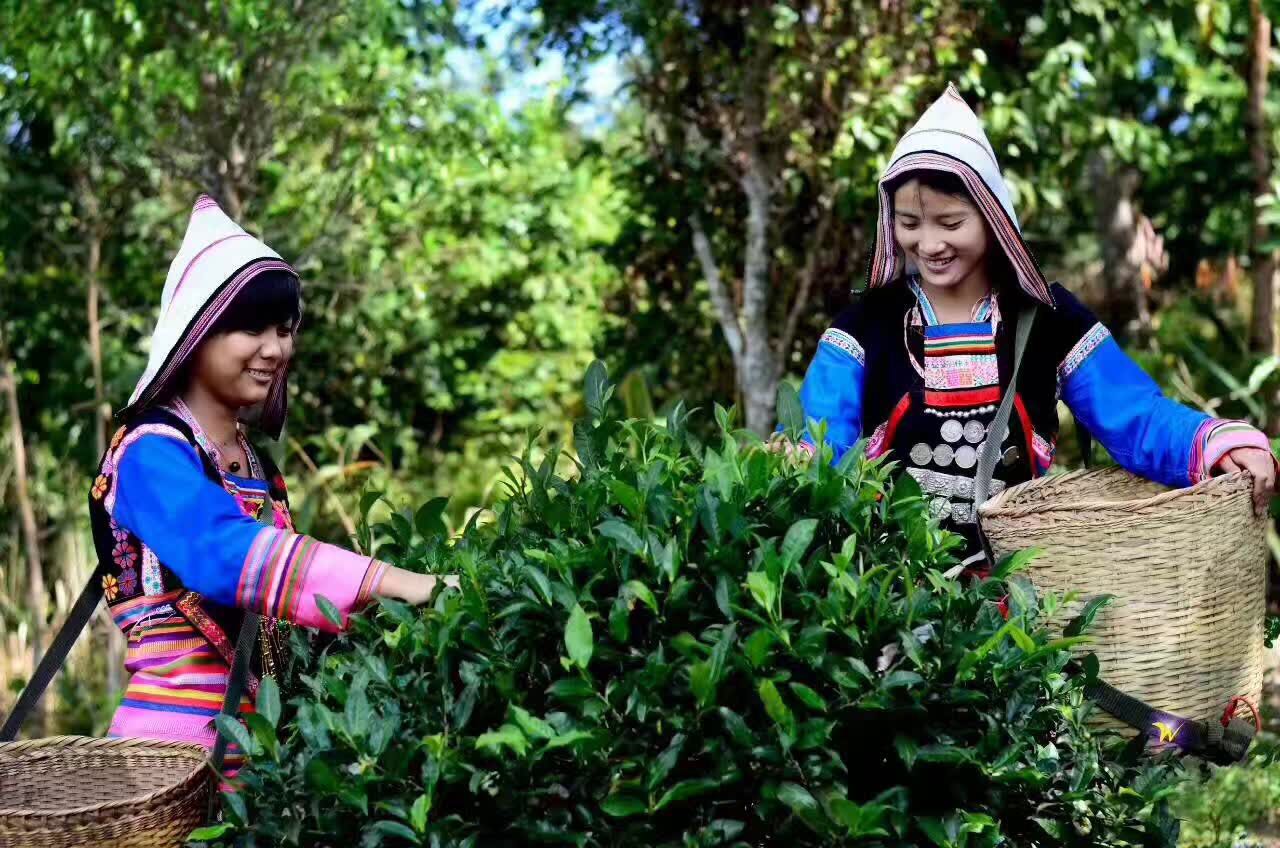
Many of the people growing tea in this area belong to the Jinuo ethnic minority. They are unusual in having an exclusively oral tradition of sung and spoken history and stories, with no written language. As their legend has it, they used to have a written language as well, which they documented written on great leather skins. However, like many other groups living in the mountainous parts of Yunnan, the Jinuo have historically been quite isolated and frequently faced great adversity and poverty. During one particularly difficult year, there was very little to eat. They decided that surviving was more important than preserving the physical records of their history and stories. They boiled and ate the leathers their language was written on to make it through the year, and did their best to pass on their knowledge by word of mouth. Their written language was lost, but the people survive to this day.
No chemical fertilizer, pesticide, or herbicide was used in the production of this tea. Click here to read more about our promise to fair trade and the environment.

